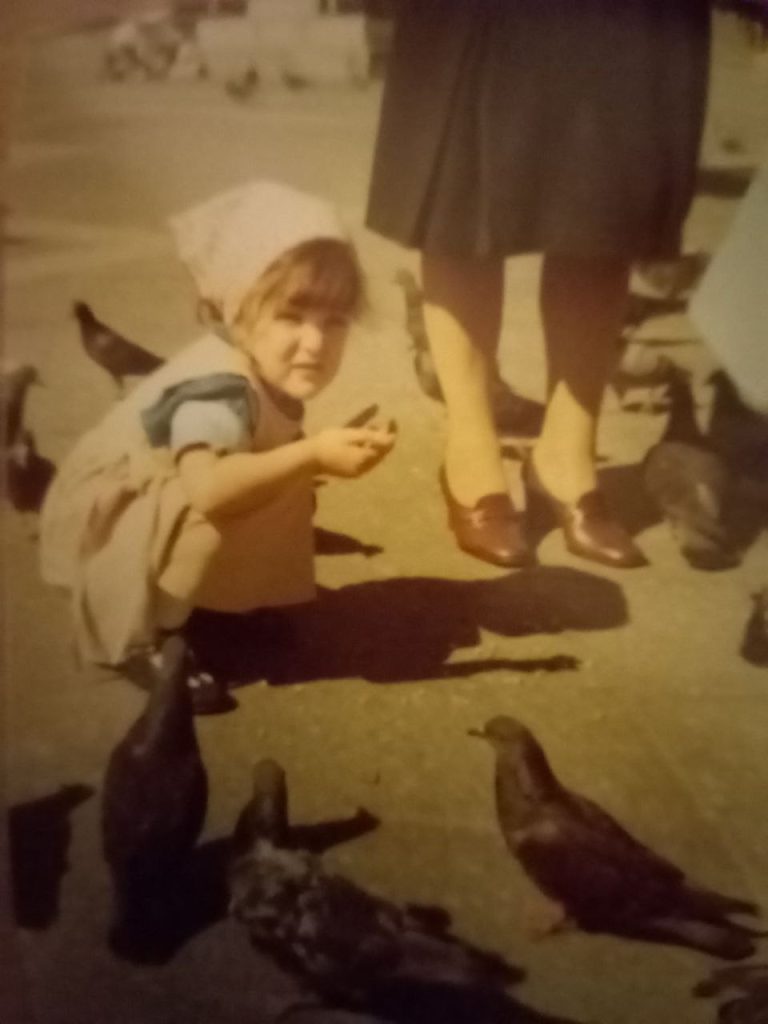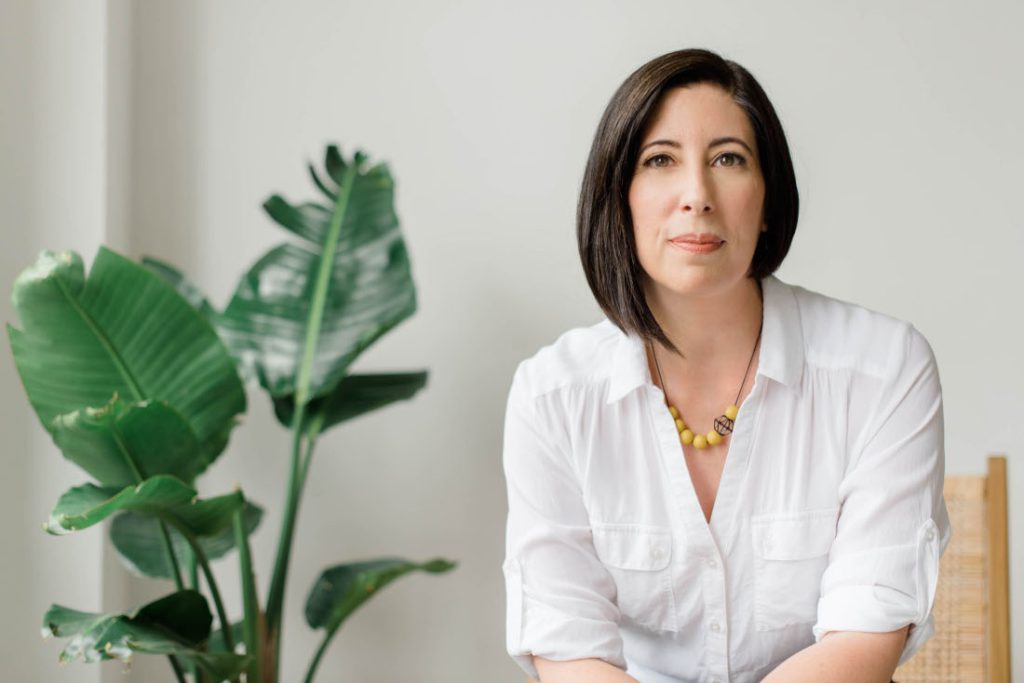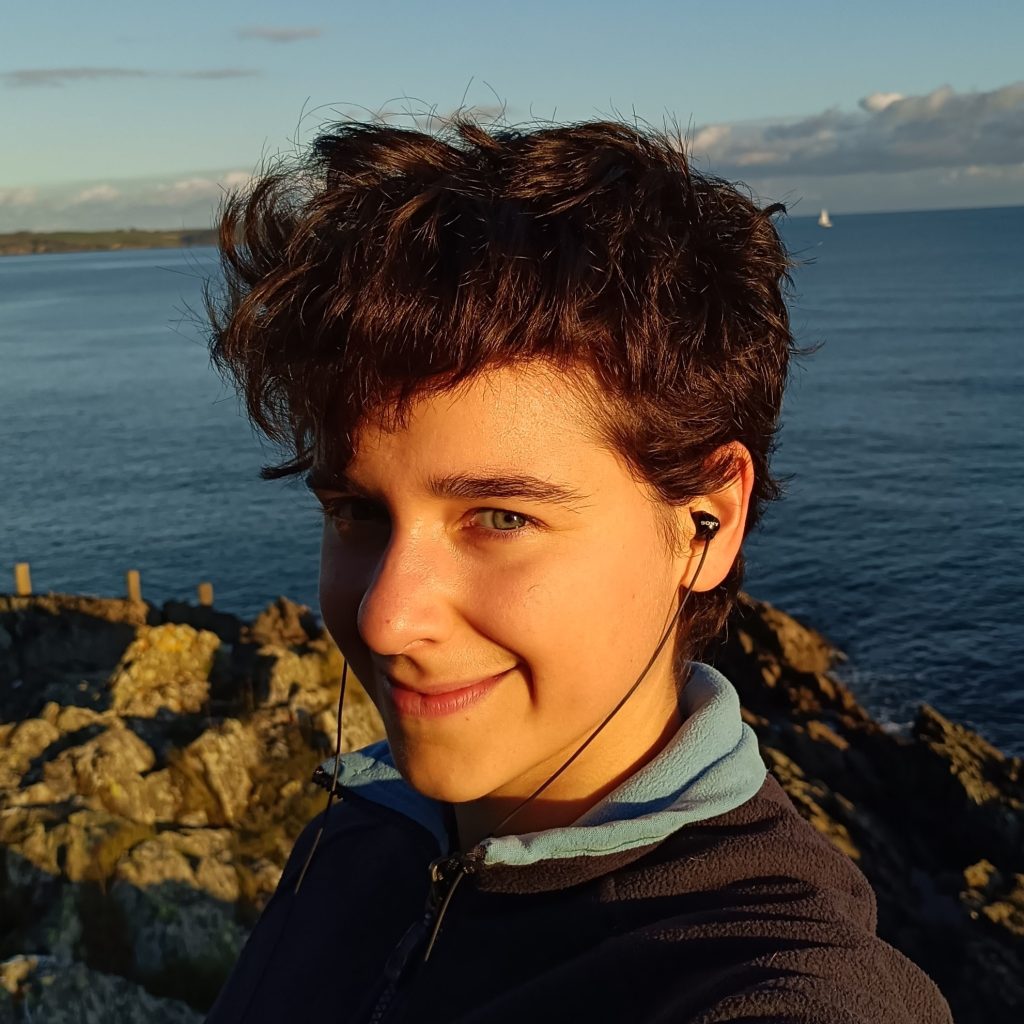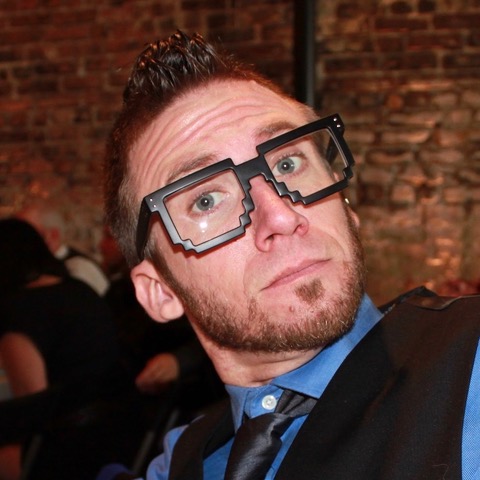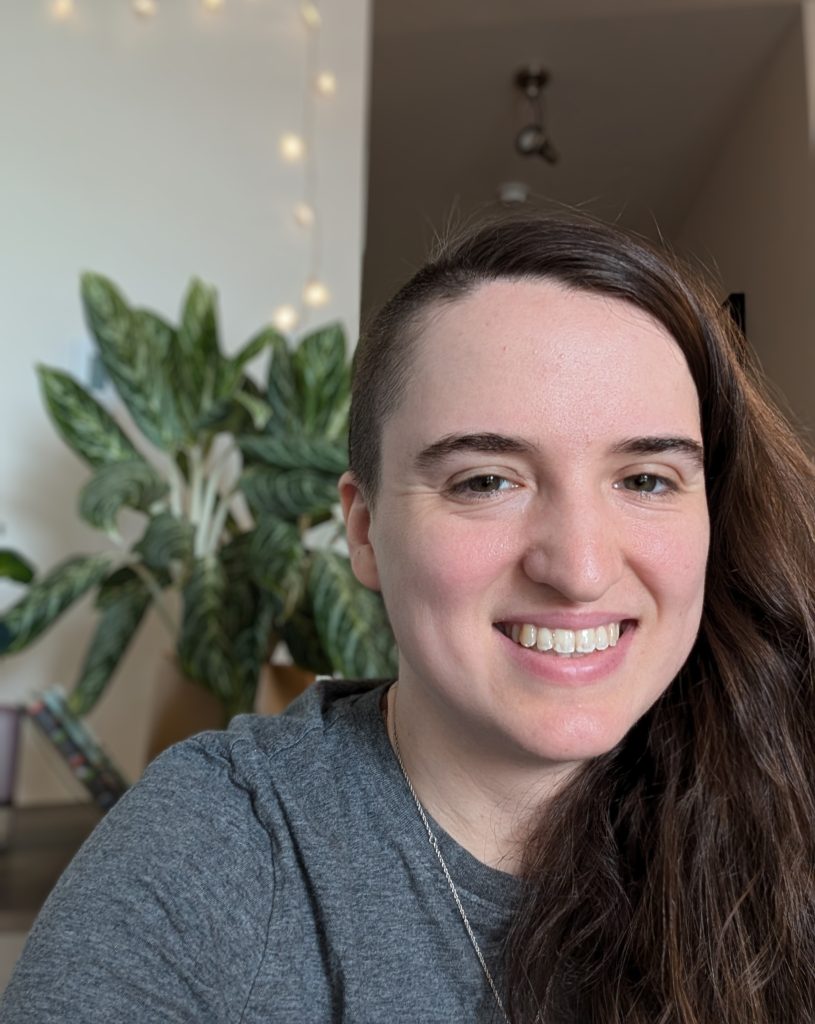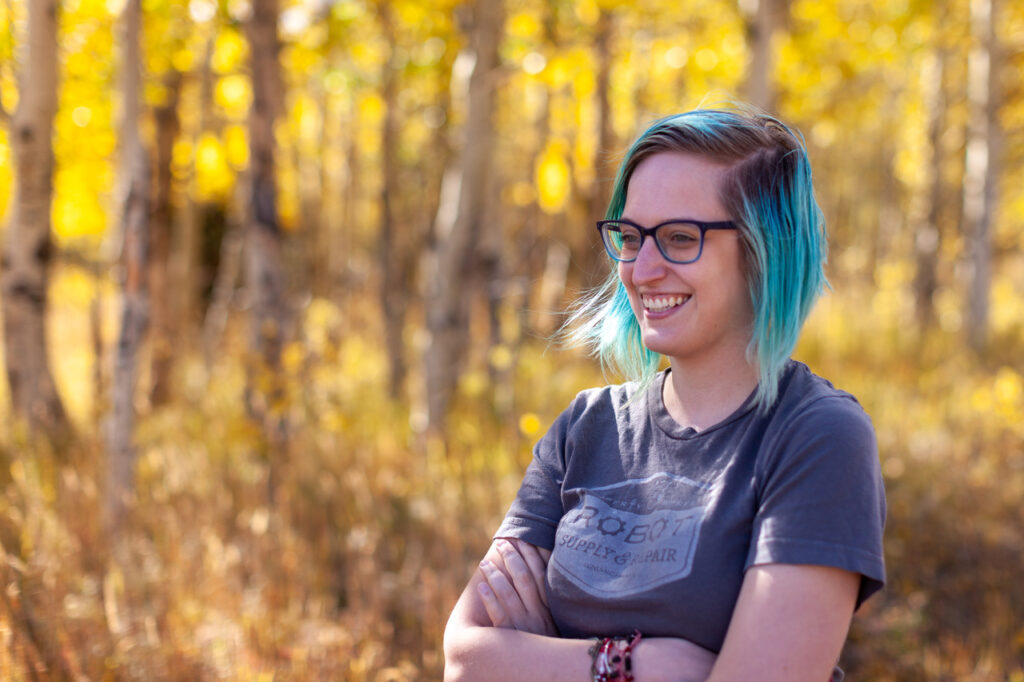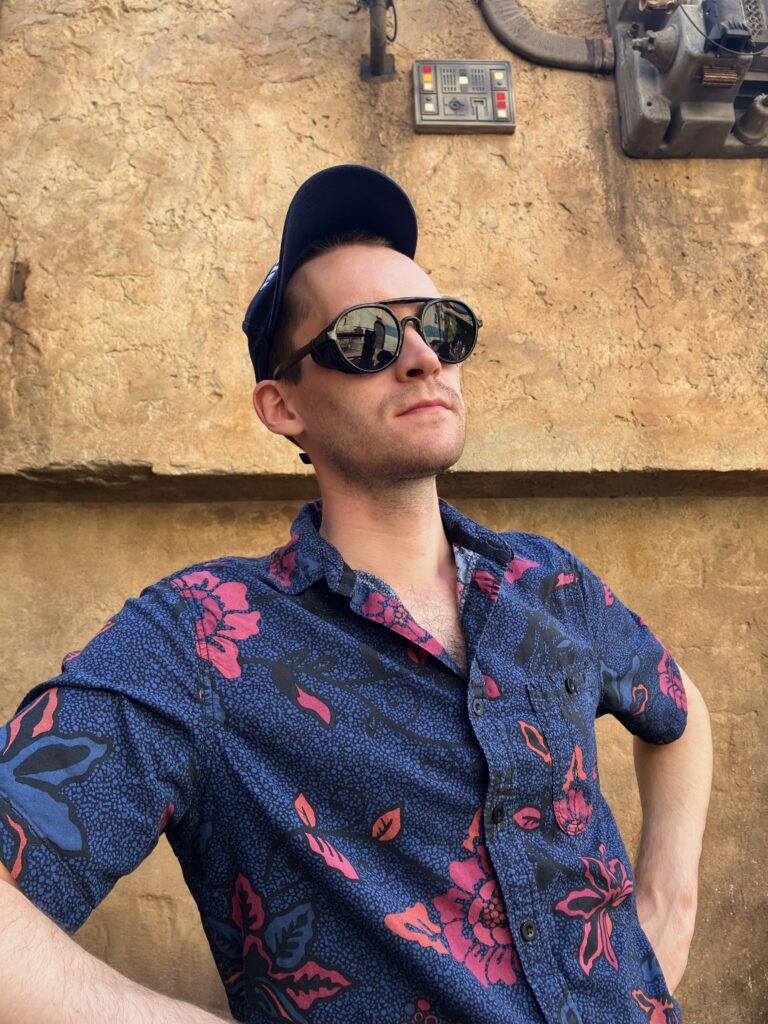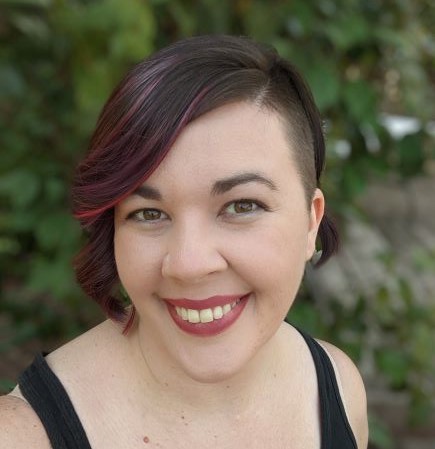edited by Hal Y. Zhang
Content note (click for details)
Mention of cancer and death of family, body horrorOn my best friend Eve’s 34th birthday, she decided to join the hivemind. The first I heard of it was a text from Heather, our former tennis captain. (Eve and I played doubles in college. She had a wicked serve.)
OMG liza did you HEAR, Heather texted, the kind of message that, from her, could presage either a new haircut or the onset of interplanetary nuclear war.
> Hear what?
> it’s eve
> she’s going DRONE
> girl needs an INTERVENTION
I called Eve the second I saw the word ‘drone.’
She picked up on the third ring: “Hey, Liza,” she chirped. “We still on for brunch?” We had a standing date at an Italian place with unlimited breadsticks and a waitstaff composed of athletic trainers from the gym next door, body gods working second jobs. We were loyal customers.
“Eve, tell me you’re not going drone.”
Her side of the phone was quiet for too long. “I already signed the consent forms,” she finally said. “I was going to mention it at brunch. I’m converting next month.”
***
When the hivemind made first contact, all the eggheads at NASA and the internet nerds following them lost their collective shit. The general populace was less enthused. Maybe it was the alien invasion movies we’d been steeped in since birth, culminating in a heady brew of suspicion and distrust.
We stargazed at their enormous mothership in orbit—magnitudes bigger than the ISS, flashing white-blue like a satellite—and talked about them like a natural disaster, the way you’d discuss an incoming hurricane. Extraterrestrials were just something new to be anxious about.
The first few months were nothing special. The scientists, linguists, and anthropologists racking in overtime pay, with emergency budgets authorized by their respective governments, cobbled together the fundamentals of the hivemind’s primary language by week four. They were into advanced grammar and vocab by week nine. Beta dictionaries went open source, a rare global attempt at collaboration.
Then the hivemind explained what they were. They said they were seeking voluntary converts. News outlets across the globe picked up on the story, amping up the nitpicked details for outrage value and more clicks. The ledes differed, but the message was the same: the aliens want your brain.
So we fired first.
***
Eve asked me to go to the hospital with her for the procedure. She pushed an extra ravioli at me, claiming she wasn’t hungry. I suspected a bribe. I took it anyways—who am I to turn down four-cheese? (Besides, we had a long-running competition to beat the other to picking up the tab, and I’d already flagged down the waitress to pay when Eve was in the bathroom.)
I mostly got why she was asking me. Eve’s dad had died when she was little, and her mom dwindled away in a battle with breast cancer over our sophomore and junior years, showing up to our matches less and less. Eve once had to skip an awards ceremony for a tourney we’d won to go to the hospital; that was a scare. Her mother died in the summer between junior and senior year.
“Don’t you want your grandpa there?” I asked.
Eve picked at her side salad. There were bags under her eyes. “He doesn’t approve. Says I’m throwing my life away.”
I privately agreed. These days, everyone knew someone who’d gone drone—an aunt, a coworker, a high school classmate—but I still didn’t trust the hivemind.
Except I also believed no one—especially Eve—should have to face a medical procedure alone. “Yeah,” I said. “I’ll go.”
Her eyes shone. “You’re the best, Lizzie.”
“But only if you’re sure.”
“I am,” she said. “Trust me.”
***
Peace came limping along a shockingly swift eight months into the war. It was shepherded in part by the way the hivemind handled their hostages. Any humans captured were treated with utmost respect, given food and medical care, and—most saliently—not absorbed into the hivemind against their will. Later, vets claimed the hivemind refused to field any requests to join from prisoners of war. One of those soldiers testified to the UN that the hivemind had outright stated, “Consent under duress is not consent.”
The treaty the hivemind signed with Earth, sending one of a thousand interchangeable representatives to provide a binding mark, had a clause allowing voluntary conversion. The hivemind had insisted upon it, and eventually the world governments decided that it was acceptable, since no human would ever choose to avail themselves of the loophole.
Of course, humanity immediately proved them wrong. The first convert was an eighty-four-year-old who claimed the hivemind was a god. (For all I know, it might be.) She was a big deal—gave dozens of interviews in the six-month mandatory waiting period before she underwent the procedure.
After that, joining up kind of lost its shine. People were still wary, but enough converted to semi-normalize it. Hospitals set up systems to work with hivemind representatives. Most of us still called them ‘drones’.
***
“You know, you could do it with me,” Eve said, rolling down her window so her hair fluttered in the breeze. We were sweeping down a backcountry gravel road, driving for the hell of it. She was fitting in all her favorite things before she joined up.
“Go drone? No thanks.”
“Imagine never having to shave again,” she teased. You could pick out hivemind converts easily, because they lost all their body hair when the hivemind first took. It’d be replaced over time by a smooth red fuzz, like tiny coral polyps.
“Au contraire,” I said, hitting the gas to take us up to seventy. “I like my armpit hair.”
***
The weirdest thing about the hivemind was that its converts still lived among us. They didn’t go jetting off to the mothership to wait on some alien queen hand and foot. They just lived their life—their collective life—and didn’t bother anyone. And I don’t mean they mostly didn’t bother anyone. I mean there was not a single violent crime attributed to the hivemind, globally, ever. They only got in trouble for giving people food without paying, or falling in love with the “wrong” humans for the country they were in, or breaking myriad other laws of ours they found illogical and often forgot.
Drones didn’t even fight back when vigilantes attacked them, which was disconcertingly common in the early days. Some people couldn’t see past the red fuzz on their heads. Some people were still steeped in that paranoid brew.
Eventually, though, they got familiar. You knew we were used to them when people started talking about the hivemind like they talked about immigration, or taxes. The melding of strange and mundane.
***
I wrote Eve a letter a week before she converted, like it would make a difference. Tried to distill our friendship into the space of a Walmart greeting card, its face decorated with a tasteful illustration of a red bouquet. There was a whole Walmart section for hivemind goodbyes, in the cryptic “Occasions” area between “Kid’s Birthdays” and “Graduation”, and I’d picked this card for being the least egregiously cringe.
I stared at the blank card for a long time before I started writing.
Me and Eve, Eve and me.
Ours was a steady friendship. A solid friendship. Built on a foundation of late nights in college drinking iced coffee at ungodly hours, long tennis practices, quizzing each other through reams of flashcards before finals. I’d helped her lug her favorite sofa up four flights of stairs to her post-college apartment; she’d been my shoulder to cry on when I broke up with my first girlfriend. We were road trips and phone calls, intermittent letters and texted memes, book recommendations and 90’s movie binges, loud concerts and faked pretension at art museums, paying the brunch tab first, thumb wars and arguments and takeout and bowling and confessions and promises and weddings and funerals and the only thing we weren’t was over. We couldn’t be over. We couldn’t.
The card was filled from top to bottom, and I still had too much left to say.
There had to be a reason. There had to be a why.
In the end, I tucked the letter into an envelope and scrawled her name across it, my hands shaking. I’d had so many friendships end like cotton candy pulled apart, teased out by time and distance into a gentle death. This felt different: the crack of a stick underfoot. Unexpected. Frightening.
I tucked the card in my purse.
Yes, there had to be a reason. There had to be a why.
***
When I tried to give Eve the card, a few days before her surgery, she didn’t read it. She gave me a look instead. “I know you, Lizzie,” she said. “Whatever you wrote, I’m sure it’s convincing. But I don’t need to be convinced. What I need is your support. Okay?”
There was a sort of bristle to her, though her tone was light. She’d already made up her mind. When she got like this, anything I did to get through to her would just make her dig her heels in.
“Okay,” I said, my mouth abruptly dry. “Okay.”
***
Eve gave me a hug before she got into her papery gown, a tight squeeze that sent my aching heart into my throat. “It’s what I want,” she reassured me. “I love you, Lizzie. Thanks for being here.”
I watched the surgery through the window. They put her to sleep on an inclined table, face down. She’d shaved her head in prep, and I could see the shadow cast by her skull on the nape of her neck.
One of the doctors made the insertion cut at the top of her spine. I tried to suppress my nausea when they pulled out the vial of hivemind.
Though I knew the term to be inaccurate, it looked vaguely fungal, gathering against the glass in fuzzy clumps. It was the same red as the clusters on converts’ heads. The doctor spooned it out of the vial and into the cut at the base of Eve’s neck. I imagined the hivemind starting to thread its fingers of control into her system, merging with her brainstem, subsuming her under the network of itself.
Tears pricked and I scrubbed them away, furious with myself. Furious at her, for leaving me.
***
I still went to the Italian restaurant at our normal time every week, a sort of living memorial for my friend. A month out from the surgery, someone slid in the booth across from me.
She looked different—brighter. Her crimson fuzz was coming in nicely. She would’ve rocked a pixie cut.
Her eyes crinkled at the corners when she smiled at me, just like always.
Some fringe groups said that the real people were still there, under the drones—that some converts fought it. Held on to their humanity, their individuality. “Eve?” I ventured.
“No,” she said, “and yes. It’s us.”
The revulsion, automatic, overrode the brief hope. “Oh. You.” The enormous consciousness of the hivemind sat across from me—not Eve.
The waiter delivered a bowl of breadsticks. Eve—not Eve—plucked one from the top of the pile and took a bite. She—they eyed me as they chewed. Swallowed. Said: “You’re displeased with us.”
I’d had a month to grieve. A month to think. A month to find the reason.
I took a steadying breath. “It was cancer, wasn’t it?” I asked. “You can tell me now. I get if she was trying to protect me, but I don’t need that from her anymore—I just want to know. She got diagnosed, right? Like her mom?” I leaned forward, gripping the table. “That was why she chose you, wasn’t it? She didn’t want to die. It’s the only way this makes sense.”
The hivemind blinked at me, chewing pensively. They set the breadstick down. They shook their head.
“There was no sickness,” they said. “It’s not so simple as that. There are parts of us—parts of Eve you did not know.”
“I knew everything,” I said. Except that she was going drone. You had to learn that one secondhand, didn’t you, Liz? An old, nasty thought, sharp as a bee sting. Useless, now, to wonder if Eve had put off telling me because she cared too little or too much. “I was her best friend.”
“And we were yours. And still. An individual reserves the right to hold some aspects of themselves inviolate. Private. Yes?”
They were, in their circuitous alien way, telling me I didn’t have a right to her reason. A right to know the why. Because sometimes we lose friends like the crack of a stick underfoot, and we can’t control it, and all we can do is learn to live without them.
I swallowed once, hard, wishing they wouldn’t watch me.
There was tenderness in their familiar eyes.
It wasn’t just me and the hivemind sitting there. It couldn’t be. It was me and Eve, over the years, dozens of overlaid memories, and the feeling was so strong I couldn’t stop myself.
Tentatively: “Eve?”
“We told you once before,” the hivemind said. “We are Eve. But we are not just Eve. We are the ultimate empathy. We are connection crystallized. We are a new way of living.” They reached across the table, and the hand that took mine felt just like hers.
“Let it be, Lizzie.” A million lifetimes of wisdom undergirded their voice. “We’re glad we chose us.”
They leaned back and reached for another breadstick. Without even a glance to see if the waiter was looking, they slipped it into their purse and stood. “We won’t intrude further, Liza,” they said. “And you won’t see us again if you don’t wish to—not in this body, at least. We were only hoping to offer you a bit of closure. Oh, and one more thing.”
The hivemind reached into their purse and pulled out an envelope, newly smudged with breadstick grease. They set it on the table. “She read it,” they said, “before the procedure.”
And then, with the gentle touch of a hand on my shoulder, they walked away.
I stared at the envelope. Flipped it over, looked at the broken seal. Pulled it out and read the lines I’d written, all those memories scribbled in black ink.
She’d added a little red heart at the end. That was all.
By the time I finished my ravioli, it was cold. I slid the letter into my bag and asked the waiter for a to-go box and the bill.
They brought me the box. As for the bill, they said someone had already paid.
© 2025 by Tia Tashiro
2431 words
Author’s Note: “When Eve Chose Us” was inspired by the idea of an ethical hivemind. What would it look like if a collective consciousness chose to recruit new members based on a philosophy of free will/choice, rather than domination? Except instead of writing directly about that hivemind, I wrote about one of its converts. And then instead of writing about that convert, I wrote about her friend—the one who gets left behind. Within that framework, it’s a story about letting go…but it’s also about the traces of ourselves we leave in our friends’ lives, and the ways that we’re connected to each other even when we’re no longer around.

Tia Tashiro is a multiracial science fiction and fantasy writer hailing from the Pacific Northwest. By day, she studies cognitive science; by night, she writes; in between, she dabbles in stained glass and juggling, though never at the same time. Her short fiction is published in Apex, Clarkesworld, and Uncanny, and she is a 2025 Astounding Award finalist. Find her at tiatashiro.com.
If you enjoyed the story you might also want to visit our Support Page, or read the other story offerings.

